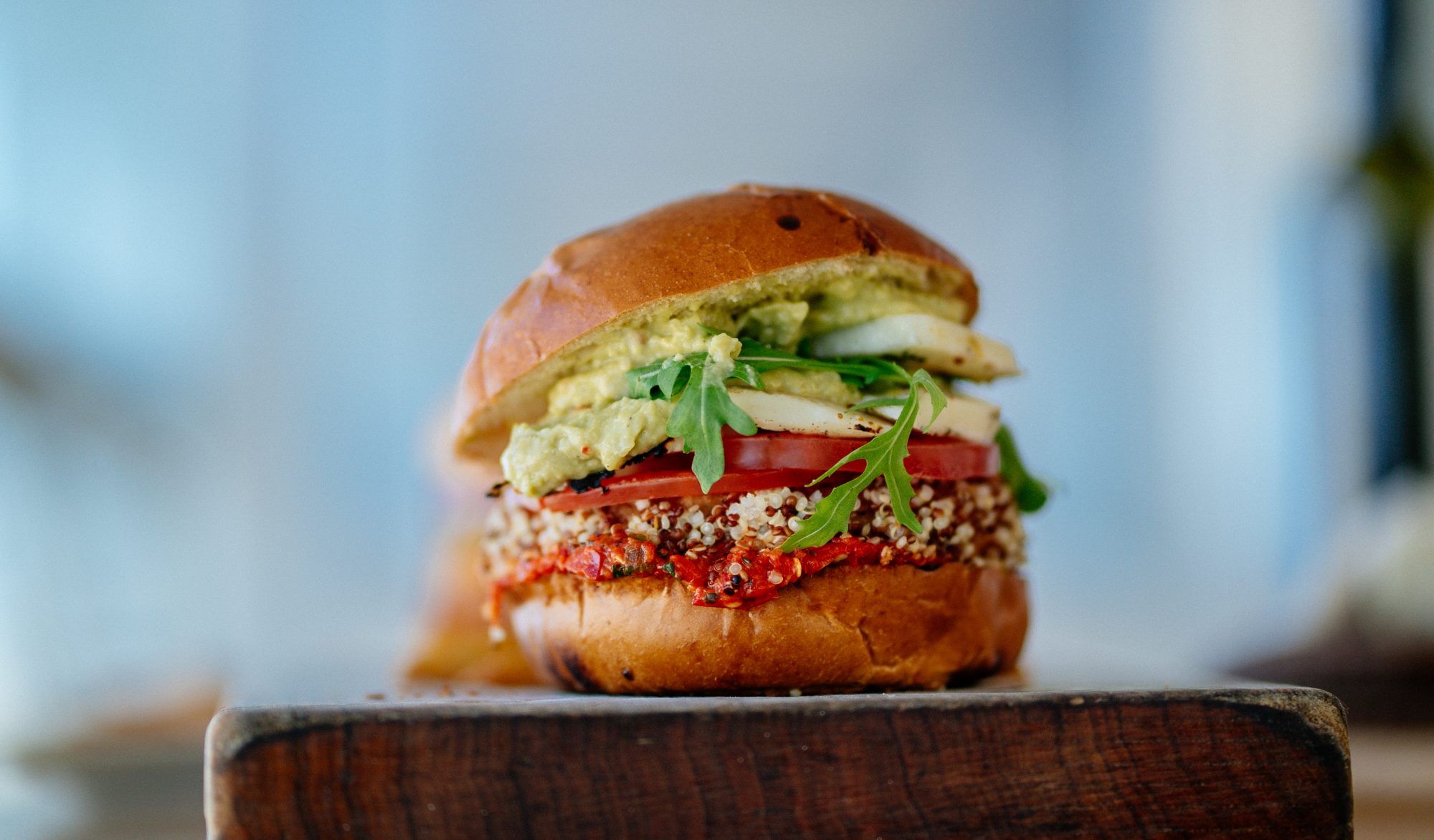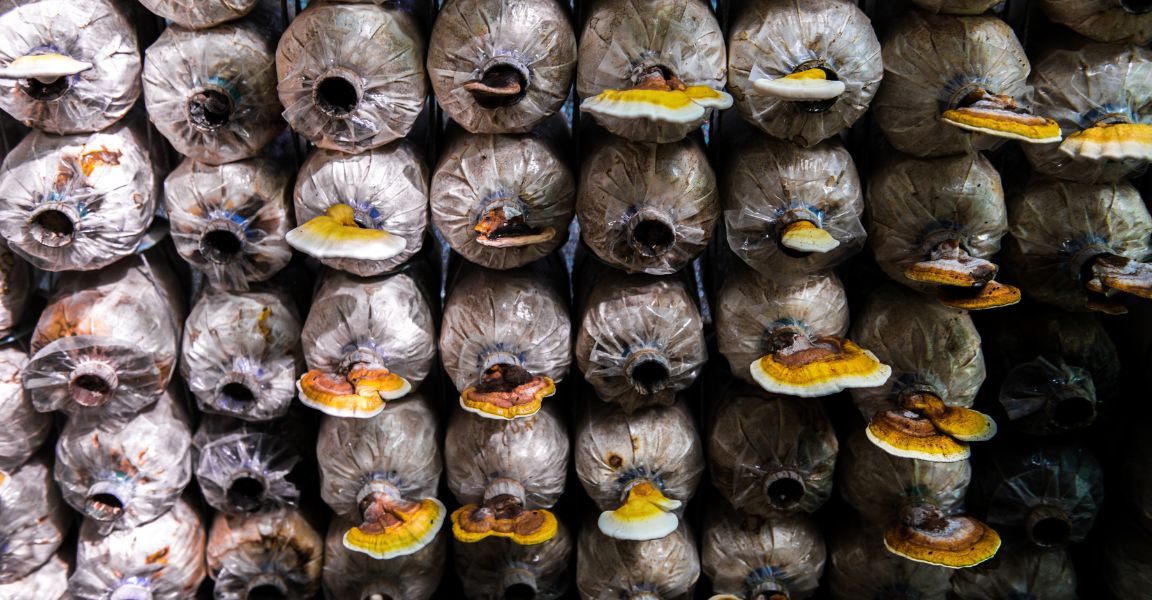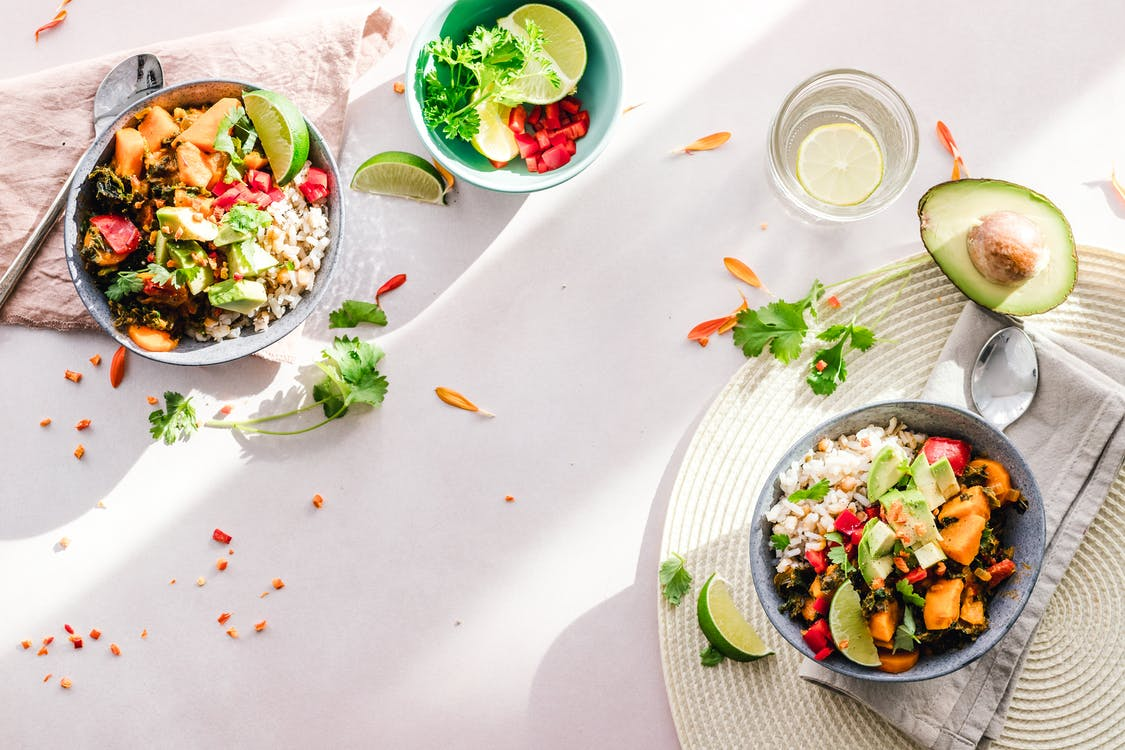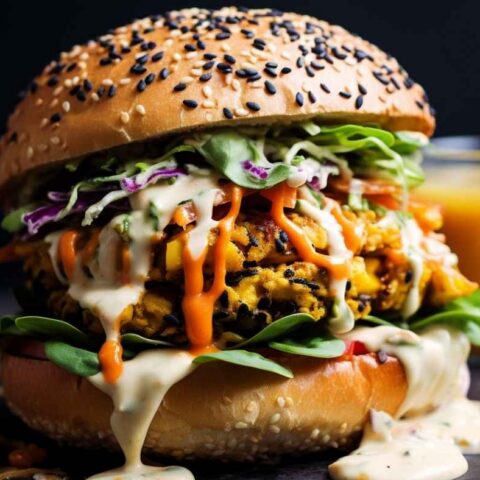Veganism is rapidly growing in the UK. A recent survey found that there are now more than 3.5 million British people who identify themselves as vegan, meaning that seven percent are now shunning animal products. It’s said to be the best way to protect our planet and, according to the Oxford dictionary, being vegan simply means not using or eating animal products.
Here, with electric connection specialists, Northern Powergrid, we look at exactly what can be vegan, why so many are turning to veganism and how this can help protect our world as we know it.
Ladle of Contents
Food
The obvious subject you think of when you hear the term vegan is food. This is what has been thrust in the public’s face more than any other vegan property.
Having a plant-based diet is said to be one of the healthiest ways to eat, according to experts. A vegan diet mainly consists of plenty of fresh fruits and vegetables, legumes, nuts, seeds, beans and whole grains. These foods tend to be higher in minerals, vitamins and fibre as well as being low in cholesterol and saturated fats. It is argued that eating foods loaded with animal fats is indeed killing the population via coronary heart disease linked to a meat-based diet. Switching to a plant-based diet can help prevent such cardiovascular diseases.
However, some nutritionists don’t believe that veganism is as healthy as others would like you to believe. A vegan diet may lack protein and lead to that slow building of enzymes, hormones, haemoglobin and antibodies in our bodies. The vitamin B12 is one that we may struggle to get without a meat-based diet. Nutritionist Shona Wilkinson told The Express: “There are things we are getting less of by excluding animal foods. A longstanding B12 deficiency can lead to high levels of a substance called homocysteine in the body, which is associated with cardiovascular disease, Alzheimer’s disease and other chronic conditions.”
Energy
Did you know that there is actually a vegan energy option? Vegan energy is an electricity or gas product that hasn’t used any animals or animal by-products. This is different to green energy as, although green energy uses renewable sources in place of traditional fossil fuels, it is sometimes generated using anaerobic digestion or biomass – both of which can contain by-products of animal farming.
Vegan energy can help cut your carbon emissions as well as supporting ethical energy production.
How does being vegan help the environment?
Of course, eating vegan may have personal advantages and health benefits, but how does it help the world around us? It’s claimed that the meat industry accounts for approximately 20 percent of greenhouse emissions in the UK. Gresham College professor, Carolyn Roberts, also believes that if all meat-eaters switched to a vegan diet, the total greenhouse gas emissions associated with food would be halved.
Further research has discovered that the average carnivore in Britain eats more than 11,000 animals throughout their lifetime. Each of these require land, water and fuel before they reach our plates. This is causing our planet to overheat, while farming uses 70% of the water that is available to humans.
Other arguments towards not eating meat to help the environment include the fact it’s draining the world’s oil and ruining the air. In the US, 37% of pesticide use comes from livestock and animal feed crops and this is producing unnecessary pollution.
So, will the vegan ‘takeover’ continue and is it really going to help maintain our world? There is certainly a debate to be had, but with so many turning to veganism, this definitely isn’t a ‘fad’ that will simply disappear into the abyss. After all, anything that might help maintain the world for future generations has to be a good thing, right?
Sources
https://en.oxforddictionaries.com/definition/vegan
https://www.express.co.uk/life-style/food/754444/vegan-diet-bad-for-you
https://www.theguardian.com/lifeandstyle/2010/jul/18/vegetarianism-save-planet-environment
https://www.ecotricity.co.uk/our-green-energy/vegan-energy-supply










